
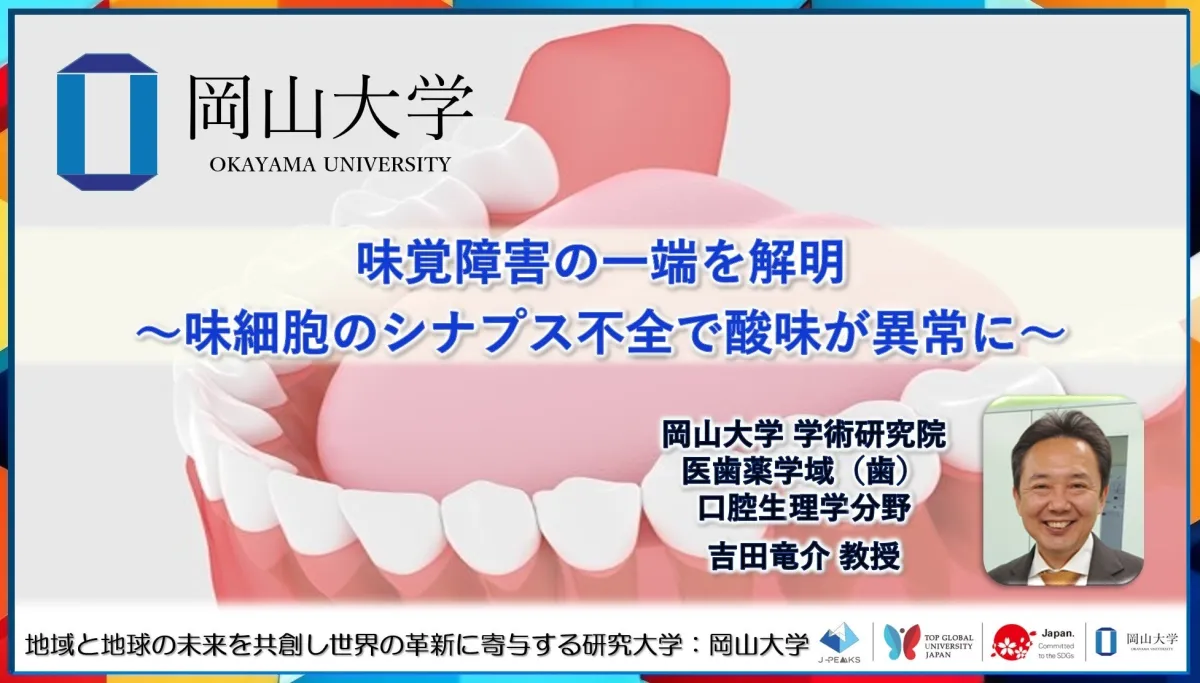
Okayama University Discovers Mechanism Behind Taste Disorders Linked to Sour Sensitivity
Understanding Taste Disorders: Insights from Okayama University
Okayama University, a prestigious institution located in Okayama City, Japan, has made significant strides in understanding taste disorders, particularly focusing on how sour taste is affected in certain conditions. A research team led by Dr. Ryusuke Yoshida and Assistant Professor Kengo Horie from the Faculty of Dentistry explored the synaptic functionality of taste cells by creating genetically modified mice that lacked specific synaptic genes. This innovative approach has shed light on the complex neural mechanisms involved in taste perception.
Key Findings
The study's essential finding indicates that only the response to sour taste—one of the five basic tastes—was significantly impaired in the mice lacking synaptic functionality in their taste cells. Unlike sweet, umami, salty, and bitter tastes, sour taste perception was uniquely affected, suggesting specialized mechanisms for taste processing. When researchers examined the tongue tissue of these modified mice, they found a notable reduction in the maintenance of sour taste receptor cells.
This discovery corroborates the hypothesis that various neural mechanisms govern taste perception, with synaptic abnormalities potentially contributing to specific taste disorders, such as sour ageusia.
Publication and Implications
The research was published on June 24, 2025, in the respected journal The Journal of Physiology, marking a crucial addition to the field of taste physiology. The findings provide evidence that there are multiple information transmission pathways from taste cells to taste nerves, underlining the complexity of gustatory signal processing.
Professor Yoshida commented, "While questions remain about why sour taste sensation specifically utilizes chemical synapses and how it differs from other taste cells, this research serves as a landmark demonstration of the fascinating intricacies of taste perception."
Research Funding
This research was supported by grants from the Japan Society for the Promotion of Science (JSPS), contributions from the Umami Research Group, and the Food Research Association. Their collaborative efforts aim to delve deeper into the mechanisms of taste and its disorders, potentially leading to advancements in treatment and understanding of gustatory functions.
Further Research
Researchers have expressed interest in identifying the underlying differences in the neural pathways engaged in processing different tastes. The implications of this study extend to understanding broader aspects of human taste perception, the effects of taste disorders on quality of life, and potential therapeutic targets for individuals experiencing such disorders.
For additional information regarding this promising research, you can check the following resources:
- - Okayama University Institute of Dentistry
- - Oral Physiology Department at Okayama University Graduate School
Conclusion
As taste disorders affect an essential aspect of human experience, ongoing research like that being conducted at Okayama University will undoubtedly contribute to not only better scientific understanding but also practical applications in improving health outcomes related to taste perception. With continued support and research dedication, the mysteries of taste will hopefully unveil new horizons in the field of sensory physiology.
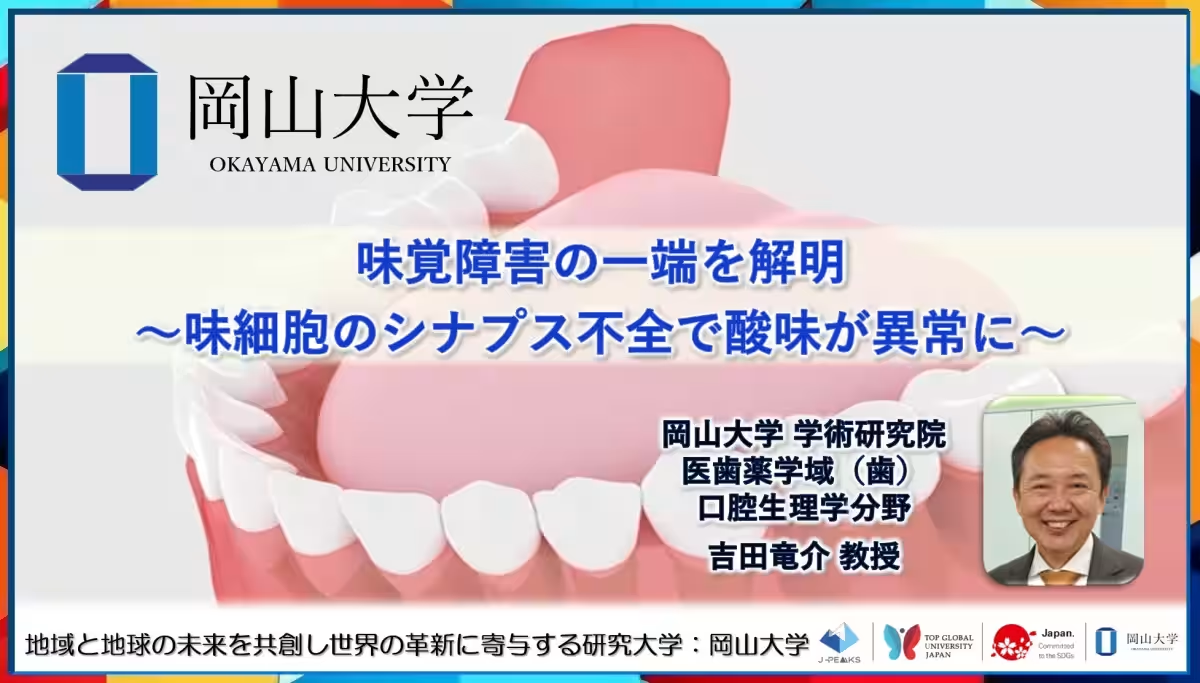
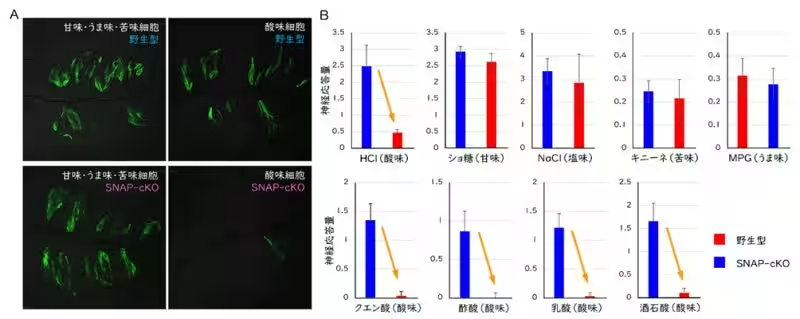






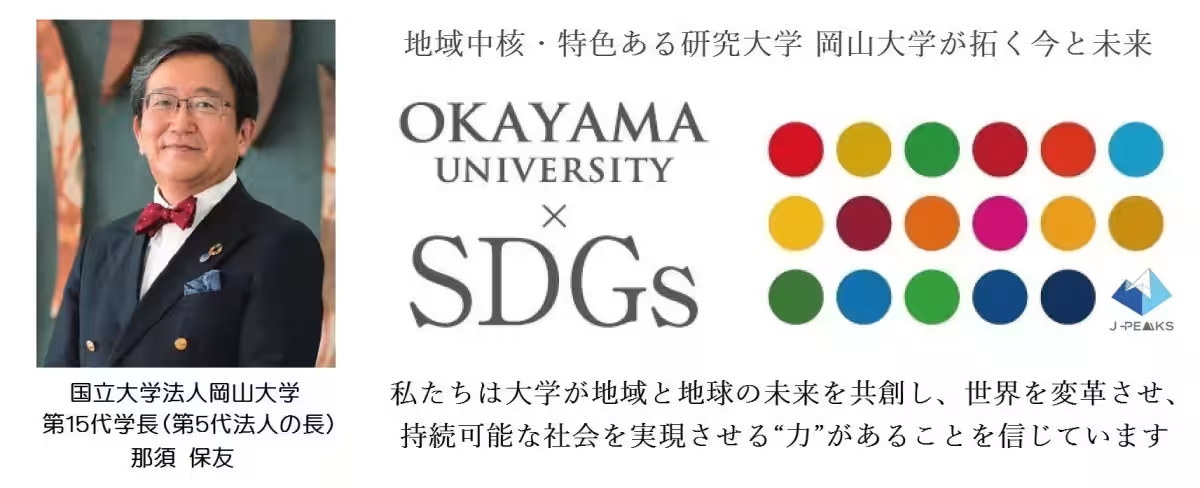
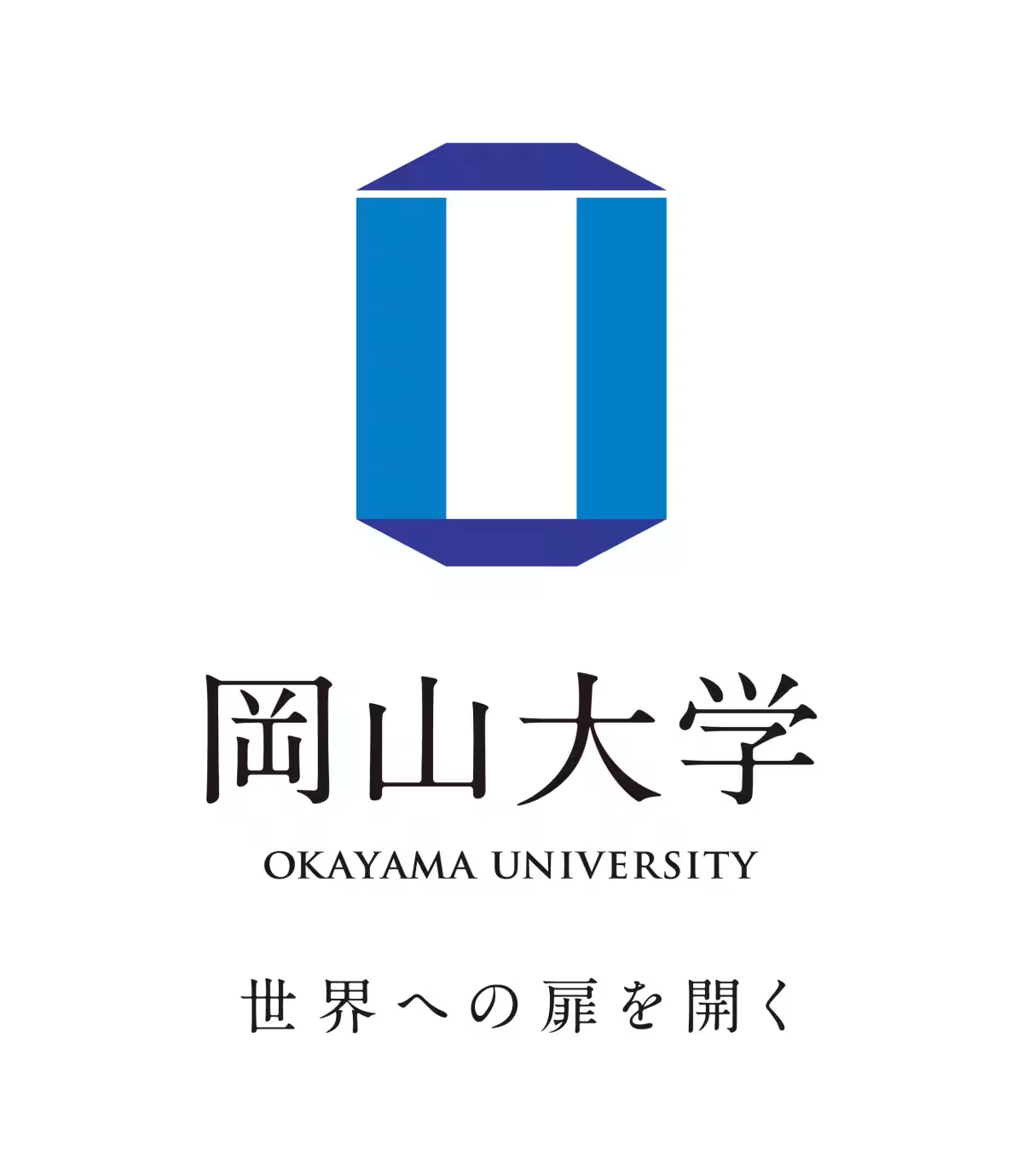
Topics Health)










【About Using Articles】
You can freely use the title and article content by linking to the page where the article is posted.
※ Images cannot be used.
【About Links】
Links are free to use.